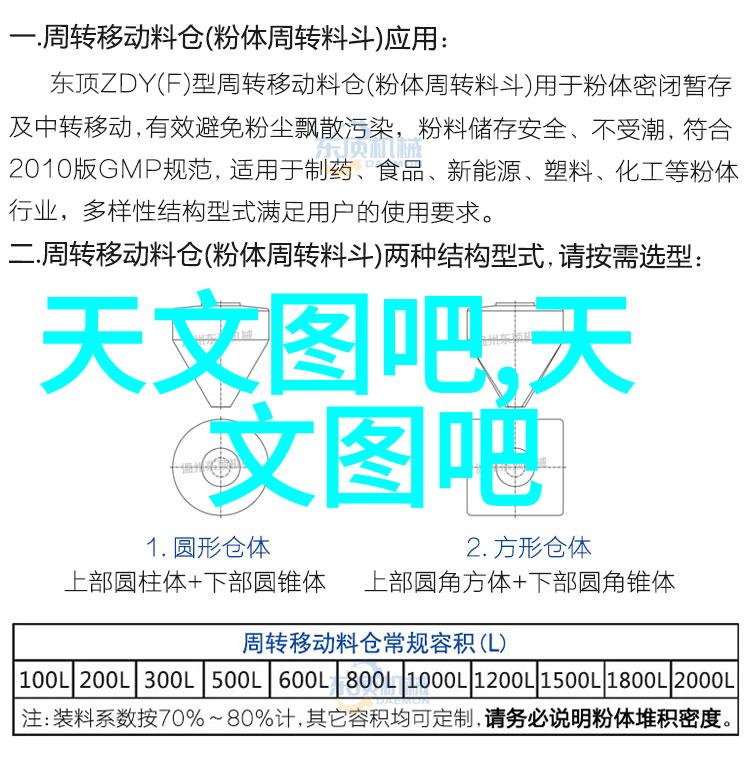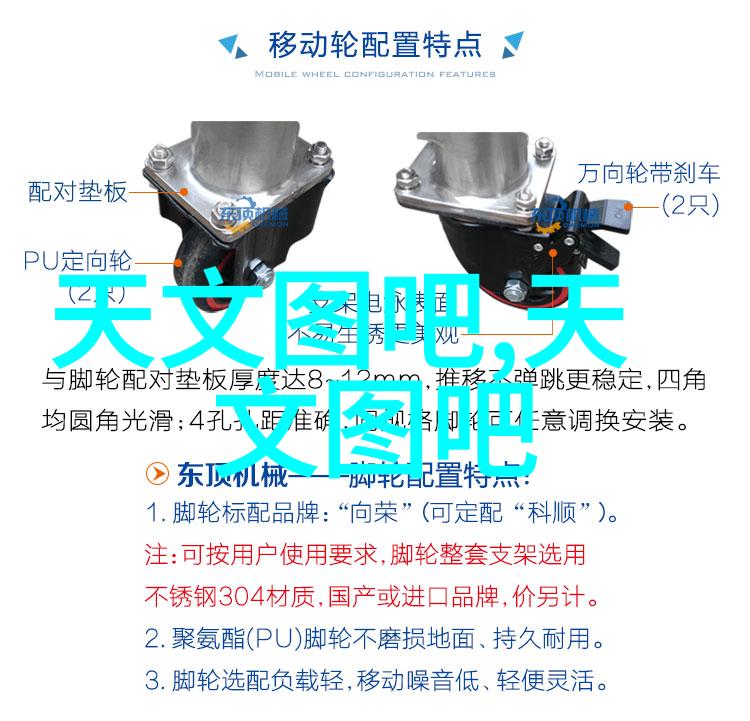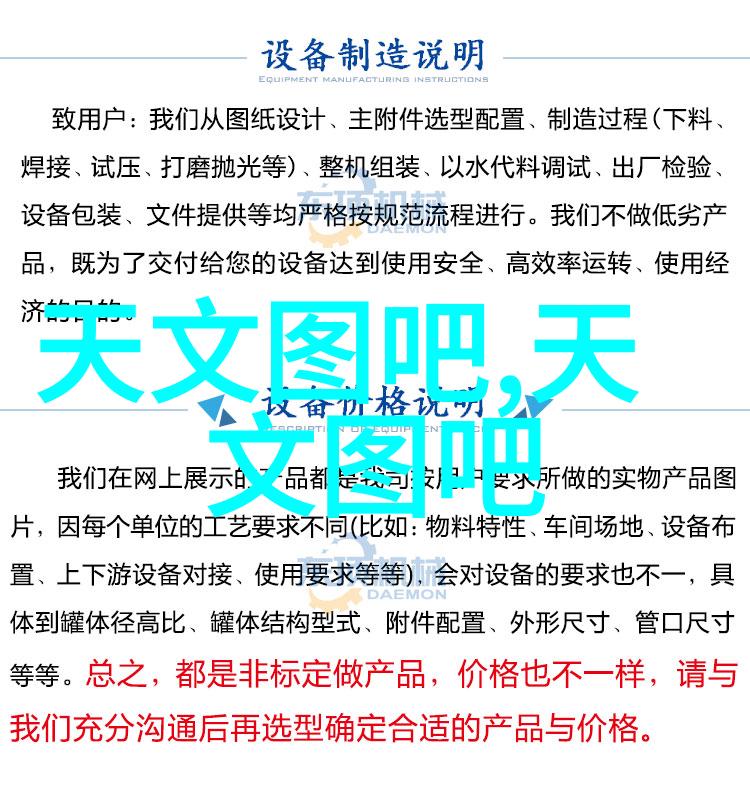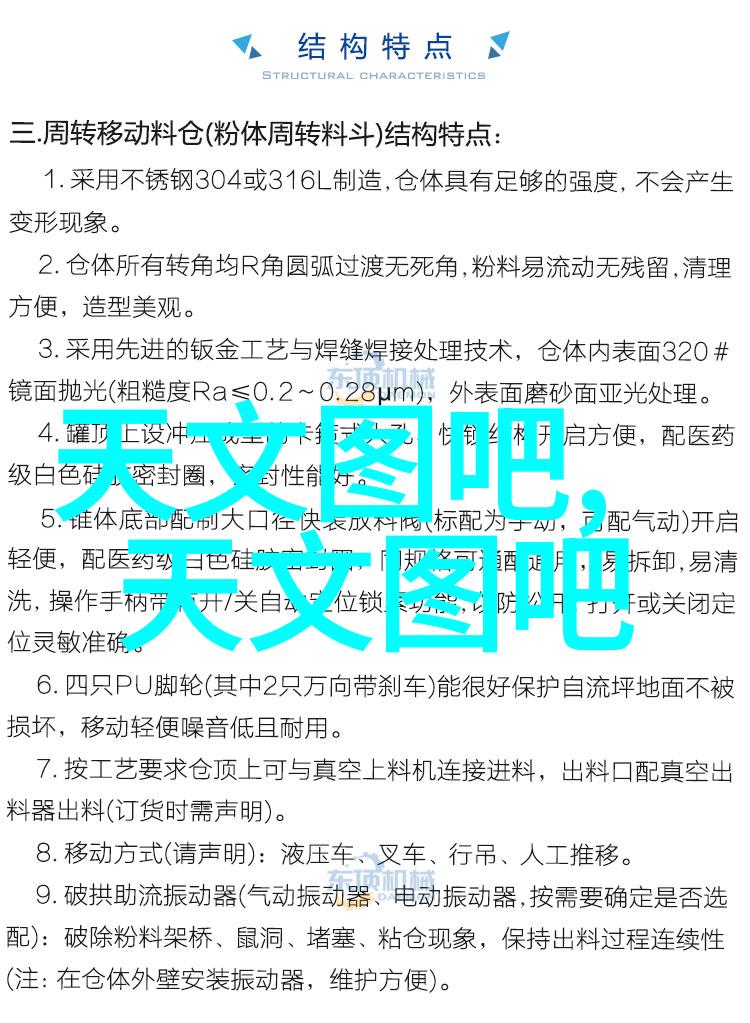医院水处理设备净化生命之泉的先进工艺
一、医院水处理设备:净化生命之泉的先进工艺

二、医疗水质安全与水处理技术的紧密结合
在医院中,水是保障患者生命健康的重要因素之一。因此,医院必须确保其饮用水和消毒后的洗涤用水质量符合严格的标准。随着科技的发展,各种先进的水处理设备被广泛应用于医院,以确保医疗环境中的每一滴水都能够达到最高洁净标准。

三、常见医院用的除菌系统及其工作原理
hospitals employ various sterilization systems to ensure the purity of water used in medical facilities. Among these, ultraviolet (UV) disinfection and reverse osmosis (RO) are two popular methods commonly seen in hospitals.

四、Ultraviolet (UV) 除菌系统在医学领域的地位
The use of UV light to disinfect water is a well-established method that has been widely adopted by hospitals worldwide. This technology utilizes the germicidal properties of ultraviolet radiation to kill bacteria, viruses, and other microorganisms present in water.

五、高效逆渗透(RO)技术在医疗用水中的应用
Reverse Osmosis technology employs a semipermeable membrane with tiny pores that allow only pure water molecules to pass through while rejecting larger impurities such as dissolved salts, minerals, and organic compounds. This results in highly purified water suitable for medical applications where even trace amounts of contaminants must be eliminated.

六、多级过滤与活性炭过滤对提升病区用水品质的贡献
In addition to RO and UV technologies, multi-stage filtration systems also play a crucial role in enhancing the quality of hospital-grade drinking water. These systems typically include coarse filters for removing large particles or debris followed by finer filters designed specifically for capturing smaller impurities like particulate matter or colloidal substances.
七、自动监控与控制系统:保证设备运行可靠性和节能效果
To maintain optimal performance levels while minimizing energy consumption and costs associated with running these advanced treatment devices, modern hospitals have installed automatic monitoring & control systems integrated into their facility's infrastructure.
八、新兴技术探索——纳米材料在医院饮用及清洁使用中的潜力应用
Recent advances in nanotechnology hold great promise for future innovations within the realm of hospital drinking-water purification. The development of nanomaterials with unique properties capable of selectively targeting specific contaminants could potentially lead towards more efficient removal methods at lower energy expenditure levels than existing technologies currently employed.
九、未来趋势—智能化管理与自适应优化算法对提高医疗环境内清洁饮用能力所作贡献
As we move forward into an era dominated by artificial intelligence (AI), smart management strategies coupled with adaptive optimization algorithms will undoubtedly contribute significantly towards improving clean drinking capabilities within healthcare environments. Through real-time data analysis and predictive modeling techniques embedded within IoT-enabled devices connected via cloud computing platforms, AI-driven optimization can help optimize resource allocation along with automated maintenance scheduling thus ensuring continuous peak efficiency from our advanced treatment equipment throughout its lifespan regardless whether it is handling daily routine operations or coping up during emergencies such as pandemic outbreaks when demands on resources rise exponentially due increased patient load pressures brought upon healthcare institutions globally because they need now more than ever before rely heavily on reliable access fresh safe potable H2O supply sources vital life-saving treatments given out patients suffering diseases spread virus pathogens so forth which require stringent hygiene practices observed closely monitored carefully maintained consistently maintained always ready whenever needed without fail no exceptions any one any place anytime anywhere across globe 🌍🏥💧